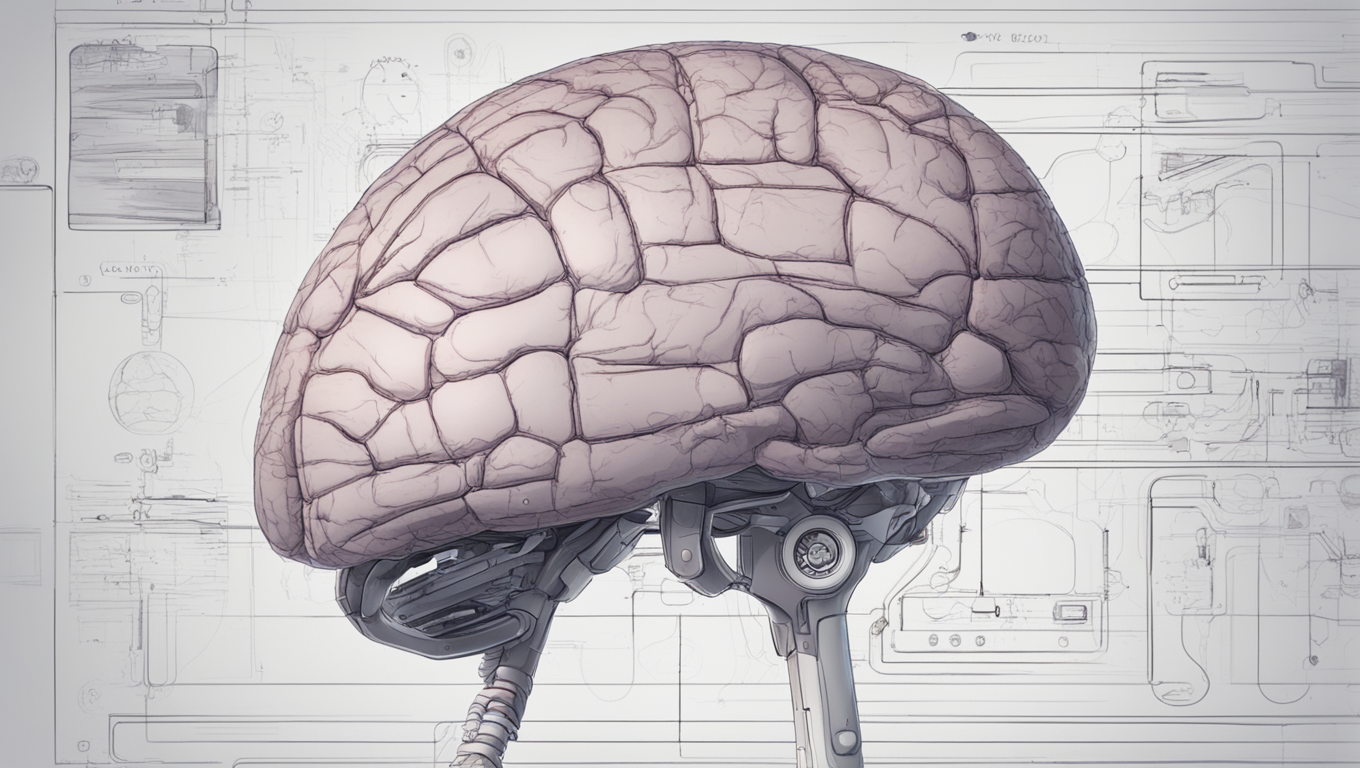In a groundbreaking development, Insilico Medicine, an AI-driven biotech company, has announced that its AI-designed drug for inflammatory bowel disease (IBD) has entered Phase I clinical trials. This drug, known as ISM5411, has the potential to be the first medication to treat IBD by blocking a protein called prolyl hydroxylase domain (PHD) that regulates the body’s gut barrier protection genes. IBD affects 1.6 million people in the U.S., causing debilitating symptoms such as abdominal pain, diarrhea, fatigue, weight loss, and rectal bleeding.
According to Alex Zhavoronkov, the founder and CEO of Insilico Medicine, the need for a new drug arises from the lack of effective treatments for IBD. Current drugs for IBD are anti-inflammatory and rely on immunosuppression, which can lead to chronic infection and tumor diseases. Furthermore, existing biologic drugs for IBD are usually administered either intravenously or through self-injection. Insilico Medicine aimed to take a different approach by focusing on healing and rebuilding the intestinal lining rather than just treating the symptoms.
To design ISM5411, Insilico Medicine’s research and development team tapped into the power of artificial intelligence. They used Chemistry42, the company’s generative AI chemistry engine, to create a molecule that can block the PDH protein and promote the production of genes that protect the gut barrier. The team generated a number of possible molecules and selected ISM5411 as the most promising candidate. This oral medication is described as “intestinal restrictive,” meaning it specifically targets the gut without affecting other parts of the body.
Importantly, ISM5411 also promotes mucosal repair, which has been shown to reduce hospitalization and improve long-term prognosis for IBD patients. The drug has officially entered Phase I clinical trials in 76 healthy volunteers in Australia to evaluate its safety and tolerability.
Insilico Medicine has designed more than 30 drugs using its AI platform, including treatments for cancer, fibrosis, central nervous system diseases, and even COVID-19. The company’s lead drug, the first AI-discovered and AI-generated drug to reach Phase II trials, is targeted at idiopathic pulmonary fibrosis, a progressive lung condition.
While the development of AI-generated drugs holds promise, there are also inherent risks. Dr. Supriya Rao, a gastroenterologist, believes that ISM5411 is very promising but acknowledges that longer-term safety and efficacy are concerns. Dr. Harvey Castro, an AI expert and emergency medicine physician, highlights the challenges of ensuring that AI algorithms are trained on comprehensive and unbiased data. He also emphasizes the importance of public awareness and understanding of the potential and limitations of AI-generated drugs.
As Insilico Medicine continues to advance ISM5411, they are open to collaborating with companies that have relevant experience and resources. This groundbreaking development in AI-designed drugs marks an exciting step forward in the field of healthcare and raises the possibility of targeted treatments with minimal side effects. The journey of AI and healthcare has just begun, and the goal remains to achieve better patient outcomes.
For more health-related news, visit www.foxnews.com/health.





Use the share button below if you liked it.